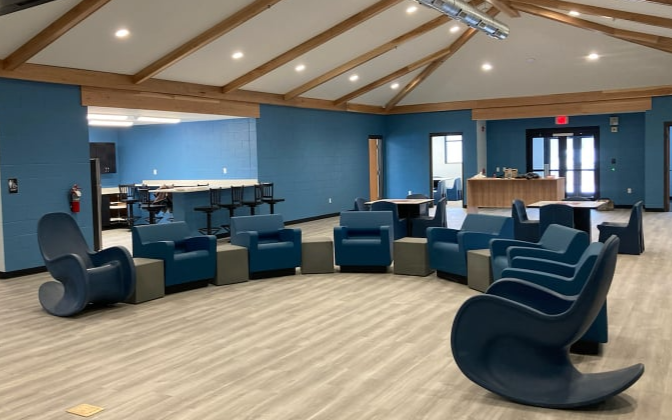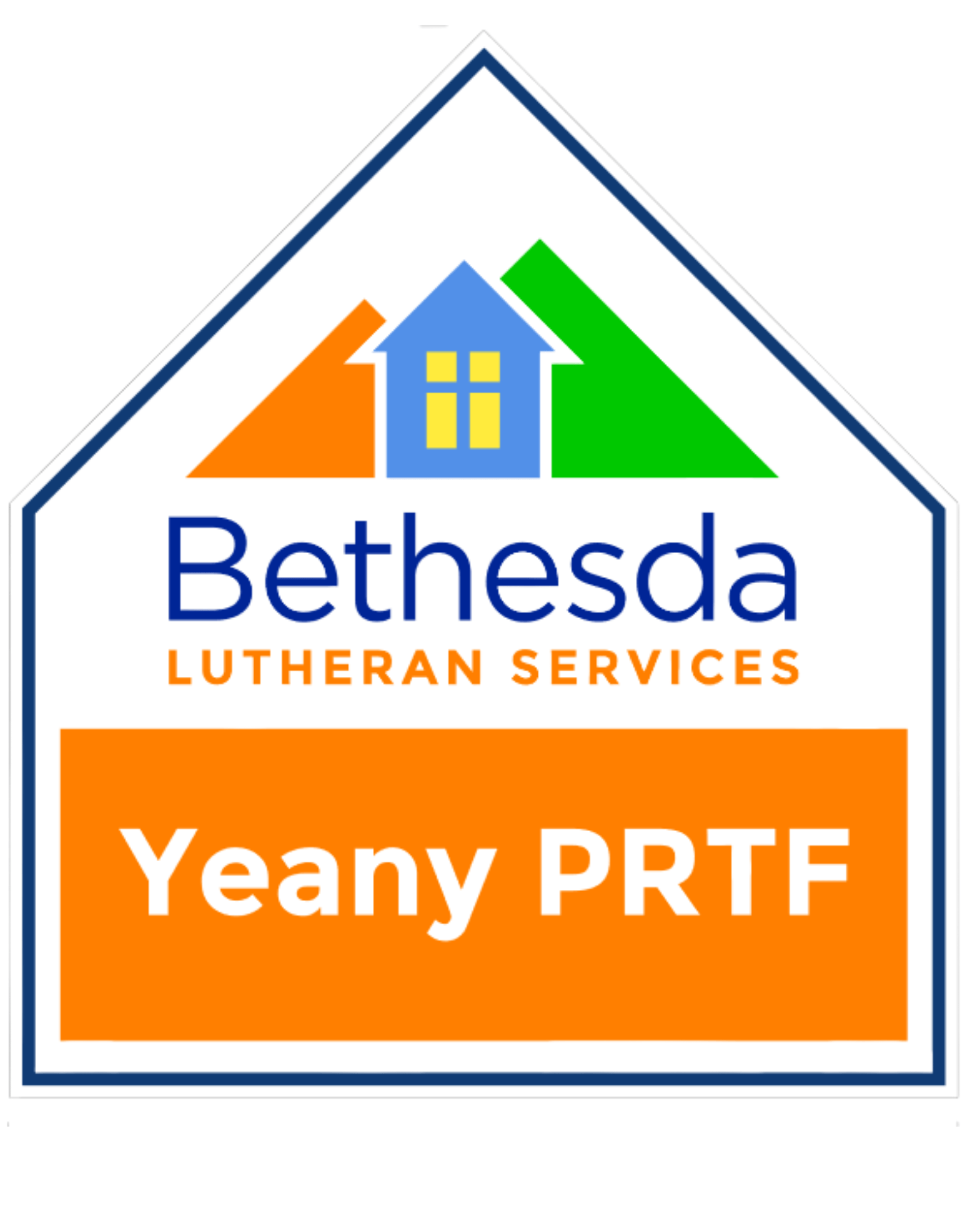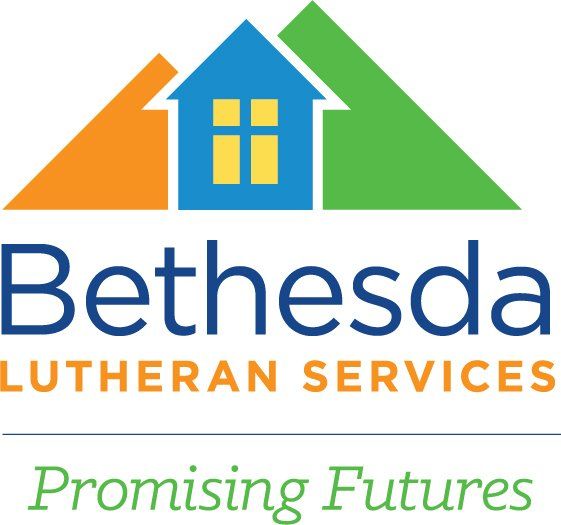Psychiatric Residential Treatment Facility
Family Focused Psychiatric Residential Treatment Facility
ADMISSION CRITERIA
Females ages 12-18 that are experiencing symptoms associated with past trauma. This can include depressive symptoms, self harm, anxiety, irritability, verbal and physical aggression, poor school attendance, poor socialization, poor boundaries, difficulty
communicating emotions appropriately, highly sexualized (but not in effort or attempt to perpetrate a youth), poor
self-esteem, overnight issues, somatic complaints, poor compliance, and defiance. Admission of a youth to a JCAHO Accredited
Psychiatric Residential Treatment Facility is most appropriately based on a diagnosis by a certified child and adolescent psychiatrist. In the absence of a child psychiatrist, a diagnosis may be appropriately provided by a Board Certified Psychiatrist. However, any time the most appropriate specializing physician is unavailable to perform the necessary diagnostic services; this
should be documented and explained. Diagnostic references for the purpose of the documentation below must conform to the
most current edition of the Diagnostic and Statistical Manual (DSM).
EVIDENCE BASED PROGRAMMING
- Trauma-Informed Care
- Character Education
- Aggression Replacement Training (ART)
- Health Rhythms Drumming
- Seeking Safety
- Attachment Based Family Therapy (ABFT)
- Trauma Focused Cognitive Behavioral
- Therapy (TF-CBT)
The PRTF provides comprehensive mental health services which include mental health treatment throughout the program day from a trauma-informed perspective. The PRTF makes continuous effort to develop and sustain a trauma-informed culture, in
which the structures, processes, and staff interactions are intended to facilitate healing and growth. The culture reflects nonviolence, shared governance, open communication, respect, and responsibility. Skill building toward affect management and
self-regulation is built into daily activities. The organizational structure and policies reflect a commitment to this culture at every level. This will include a programmatic focus on the five leading principals of being trauma-informed;
1.Safety
2.Trustworthiness and Transparency
3.Peer support
4.Collaboration and mutuality
5.Empowerment, voice, and choice
EDUCATION
Each youth participating in the PRTF program will continue their education either at their local public
school, the local high school through Penncrest School District or in Bethesda’s on-grounds Education Center which is operated in conjunction with Penncrest School District and IU5. The youth’s treatment team at Bethesda including the psychiatrist,
as well as the family and caseworker, meet prior to educational placement to determine which educational program would best serve the youth’s needs. The treatment team recommendations for education will then be taken to the school district’s special education team to identify the educational setting. Classrooms in the on-grounds school are staffed with a Special Education teacher from the Intermediate Unit #5 and a Behavior Support Staff to provide mental health and behavior modification supports. The educational program is year round, offering credit recovery in the summer months for youth that have academic deficits. For youth that are not in need of credit recovery, alternative life skills group programming is available for participation in the summer months. This would be intended to use as an incentive, as well as for those who are nearing
the discharge phase.
FAMILY INVOLVEMENT
Family participation is vital to the success of the youth in this program. The PRTF offers a new model and approach to residential treatment that includes family members within groups and day to day activities. The multi-disciplinary treatment in the
youth program will include family engagement to include a minimum of one face-to-face family session weekly. Family involvement including phone calls, visitation, and family activities will be encouraged weekly. Family/significant other participation in treatment will be based on member preference and consent, although the staff is expected to review the
importance of family/significant other involvement in supporting the member’s recovery and encourage participation daily through the communication log and weekly face to face. All outside service providers will be given the opportunity to participate
in treatment planning and discharge planning throughout the youth’s time in the program. The length of stay is determined by medical necessity criteria.
REFERRALS
Due to the intensity of this program, referral information can be obtained by contacting the agency directly at 814-724-7510 x227.



